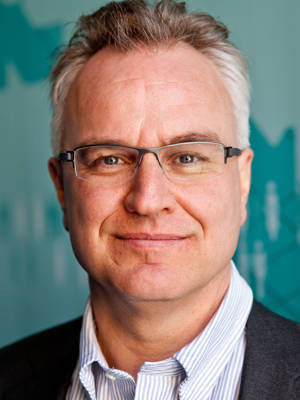This project examines the role and significance of religious groups and networks in relation to efforts to build and support the development of Afghan civil society in the context of current rehabilitation and reconstruction processes in post-Taliban Afghanistan. It will identify potential lines of tension and collaboration among secular and religious expressions of Afghan civil society and explore the space available to religious groups and networks, both in view of current discourse and policy, and in terms of interaction between local actors. To investigate these overall issues, the following three questions are posed:
Inclusion - How do actors such as the Government of Afghanistan, the development community and the international community view and engage with religious civil society actors in the political and developmental processes?
Positioning - How do various religious civil society actors view and engage with current political and development processes?
Interaction - How do religious civil society actors and external actors interact in the post 2001 political and development process?
This project is based on qualitative interviews conducted with representatives of religious groups and networks, other Afghan civil society actors, Afghan government officials, development professionals and members of the international community in Afghanistan.
This empirical research forms the basis for a more theoretical discussion of civil society in Afghanistan, and will address questions about whether one can meaningfully apply the term civil society in the Afghan context, and to what extent religious organisations are recognised as part of civil society and seen as contributors in the development process.
Whereas some studies have considered civil society in Afghanistan, little work has focused on religious aspects and the role religious actors play in the current peace and development process. This research will therefore draw on research and theory from studies of religious civil society in other Muslim societies.
This project has been carried out in collaboration with the Cooperation for Peace and Unity(CPAU) in Afghanistan. As an integral part of the project, PRIO researchers have conducted a two phase training course in Kabul on fieldwork methods and analysis for staff from CPAU and partner organizations.
.jpg?x=300&y=400&m=Cover&)






